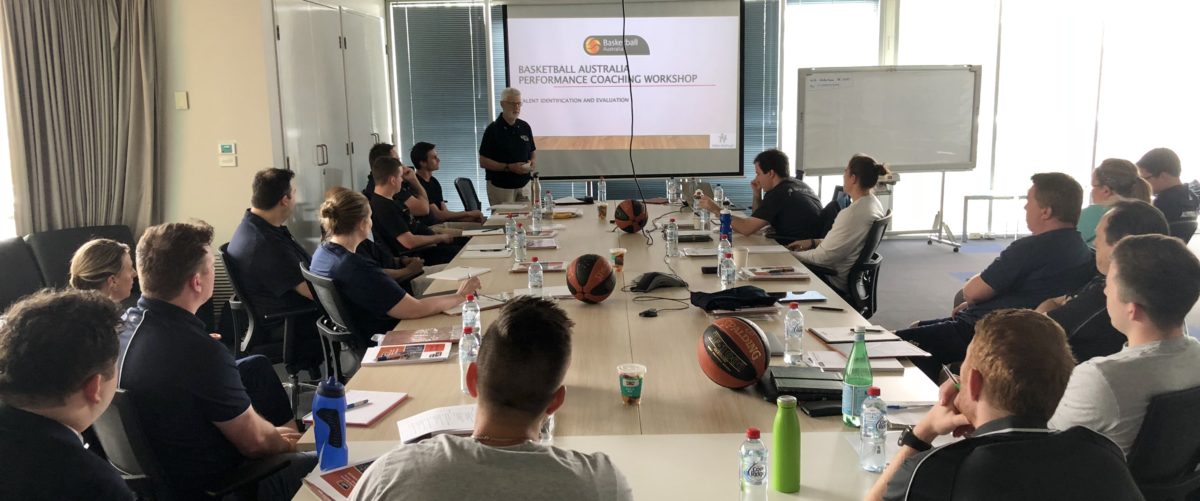By nature, coaches are always searching for ways to improve themselves, their knowledge and the way in which they approach their craft. A growth mindset and focus on improvement is very much part of most coach’s philosophy to coaching.
There are many ways to improve knowledge and expand your skills, such as courses, clinics, attending practices, mentors and reading. But what are some ways a coach can drive improvement and growth individually?
We discuss some different ideas a coach at any level can drive their own improvement.
Review practice and games –
Most coaches plan practice to the last minute and follow the practice plan to the letter. There are software packages available for practice planning, others use Excel templates, while some simply jot down key points and drills on paper prior to the session.
But how many take the time review the session after? Did you cover all the drills in the plan or did you stay with one drill or concept longer on “feel” for how the session was going?
How was your language and engagement with the players? How did you balance interventions with coaching on the run and keeping the session flowing?
Consider putting a section on your practice plan template you can use at the end of practice to make comment or rate these aspects and use that in planning the next session.
A similar approach can be adopted for games. Coaches spend a disproportionate amount of time in game planning and scouting and far less time in reviewing. Yes, the advent of video analysis systems has helped, but how much time is spent in thought, discussion and review on how the coach performed?
Rate performance in areas such as –
- Body language
- Language and tone
- Engagement
- Interventions
- Time-outs
- Strategic adjustments

Use of a GoPro or camera in practice –
A valuable idea can be wearing a GoPro or similar device strapped to the coach’s chest during practice. This will provide the coach with a chance to review their positioning, communication, intervention and engagement throughout the session.
By simply watching the vision back, the coach can see what they saw in each drill, where they stood in relation to the athletes and how they moved around to ensure engagement with the entire group. It is also self-assessment and doesn’t require any additional people for the coach to make these assessments.
If you don’t have a Go Pro, have someone video your session and preferably, get mic’d up to the camera. We tend to catch reams of game video, yet watch less practice video and of course, even less video of coaching practices.
Document or record time-outs –
Time-outs are a key intervention in games, so it is important coaches review their communication, engagement and impact in this setting.
Have an assistant coach or a manager write down the key points addressed in each time-out and after the game read through what was said and reflect on the impact the intervention had once the players returned to the floor.
If you have staff to do it, have someone film our time-outs and addresses at quarter breaks. It may be simply on a smart phone or tablet and after the game, take 10 minutes to watch and reflect.

Engage a non-basketball person for feedback –
Coaches often ask a coaching colleague to observe practice or a game and provide feedback and this remains a valuable concept for improvement.
At times, engage a friend or work colleague who is not involved in basketball to attend a practice and provide some thoughts and feedback. This feedback won’t be tainted by the person’s own coaching philosophy and often provides some common sense ideas to consider.
Time in thought –
Reflection is such a powerful element for improvement, yet with the busy nature of practice, games, scouting and travel, coaches often simply don’t allow themselves to spend time in thought.
It sounds simple, but consider the last time you spent 15 minutes simply reflecting on your craft and how you can do it better.
Reflection often leads to innovation. As Melbourne Football Club CEO Gary Pert said about innovation – “When is the last time, you did something for the first time?”




Leave a Reply